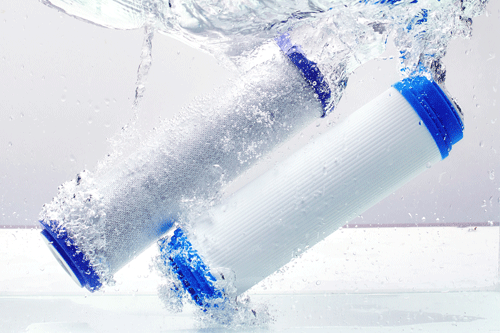Product added to cart
29Sep
29Sep

29Sep
29Sep
Microplastics and Reverse Osmosis: Your Ultimate Guide to Purity
In our modern world, concerns about water quality have reached a critical juncture. The presence of microplastics in our water supply is a growing concern for health-conscious individuals. Reverse osmosis (RO) water filtration systems have long been touted as the gold standard for purifying water, but do they have what it takes to tackle the microplastic menace? In this blog post, we'll explore the intricate relationship between reverse osmosis and microplastics removal, providing you with the knowledge you need to make informed decisions about your drinking water.
Understanding Microplastics
Before delving into the effectiveness of reverse osmosis, it's crucial to understand what microplastics are and why they pose a threat. Microplastics are tiny plastic particles measuring less than 5 millimeters in diameter. They originate from various sources, including the breakdown of larger plastic items, microbeads in personal care products, and synthetic fibers...

